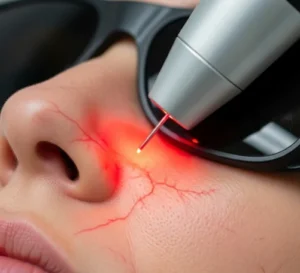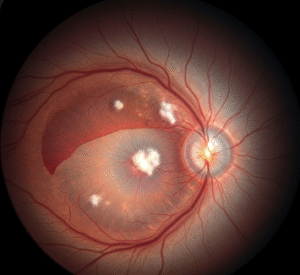Overview
Drug withdrawal refers to the range of symptoms that occur when a person reduces or stops taking a substance they have become dependent on. This can include prescription medications, over-the-counter drugs, or recreational substances. In South Korea, awareness and treatment of drug withdrawal are gaining importance due to increasing concerns about substance misuse, including alcohol, prescription sedatives, opioids, and stimulants. Effective management in Korea combines medical supervision, counseling, and supportive therapies.
What is Drug Withdrawal?
Drug withdrawal is the physical and psychological response that occurs when the body is no longer receiving a substance it has adapted to. Dependence can develop after prolonged use of certain drugs, and abrupt discontinuation may lead to severe symptoms. Individuals affected can range from adolescents experimenting with recreational substances to adults using long-term prescription medications.
Symptoms
Common signs and symptoms of drug withdrawal vary depending on the substance but may include:
- Anxiety, agitation, or irritability
- Insomnia or sleep disturbances
- Nausea, vomiting, or diarrhea
- Sweating or chills
- Muscle pain, tremors, or cramps
- Headaches
- Rapid heartbeat or increased blood pressure
- Hallucinations or seizures in severe cases
Causes
The primary cause of drug withdrawal is the sudden discontinuation or reduction of a substance that the body has developed tolerance and dependence to. Common substances include:
- Opioids (pain medications, heroin)
- Alcohol
- Benzodiazepines (anti-anxiety medications)
- Stimulants (amphetamine, cocaine)
- Prescription sedatives or sleeping pills
Risk Factors
Factors that increase the likelihood of severe withdrawal include:
- Long-term or high-dose drug use
- History of substance dependence or addiction
- Co-existing mental health disorders such as anxiety or depression
- Poor physical health or malnutrition
- Abrupt cessation without medical supervision
Complications
If untreated, drug withdrawal can lead to serious complications such as:
- Seizures or convulsions
- Heart complications including arrhythmia or hypertension
- Severe dehydration from vomiting or diarrhea
- Delirium or hallucinations
- Relapse into substance use
- Long-term psychological effects including anxiety and depression
Prevention
Preventive measures and early interventions include:
- Gradual tapering of medications under medical supervision
- Consulting healthcare professionals before discontinuing substances
- Participating in support groups and counseling
- Maintaining a healthy lifestyle to strengthen physical and mental resilience
Treatment Options in Korea
In South Korea, drug withdrawal treatment is available in specialized clinics and hospitals, often combining medical, psychological, and supportive care:
Medical Detoxification:
- Supervised tapering schedules for opioids, benzodiazepines, and alcohol
- Intravenous fluids and electrolyte correction for dehydration
- Medications to reduce withdrawal symptoms (e.g., clonidine for opioid withdrawal, benzodiazepines for alcohol withdrawal)
Psychological and Behavioral Therapy:
- Cognitive Behavioral Therapy (CBT)
- Group counseling and peer support programs
- Stress management and relapse prevention strategies
Supportive Care:
- Nutritional support and vitamins for recovery
- Regular monitoring of vital signs and mental health
- Integration of family counseling and social support
In Korea, several hospitals provide comprehensive care for substance withdrawal, including psychiatric departments and addiction treatment centers in major cities such as Seoul and Busan. Early intervention is strongly emphasized to reduce health risks and improve long-term recovery outcomes.













